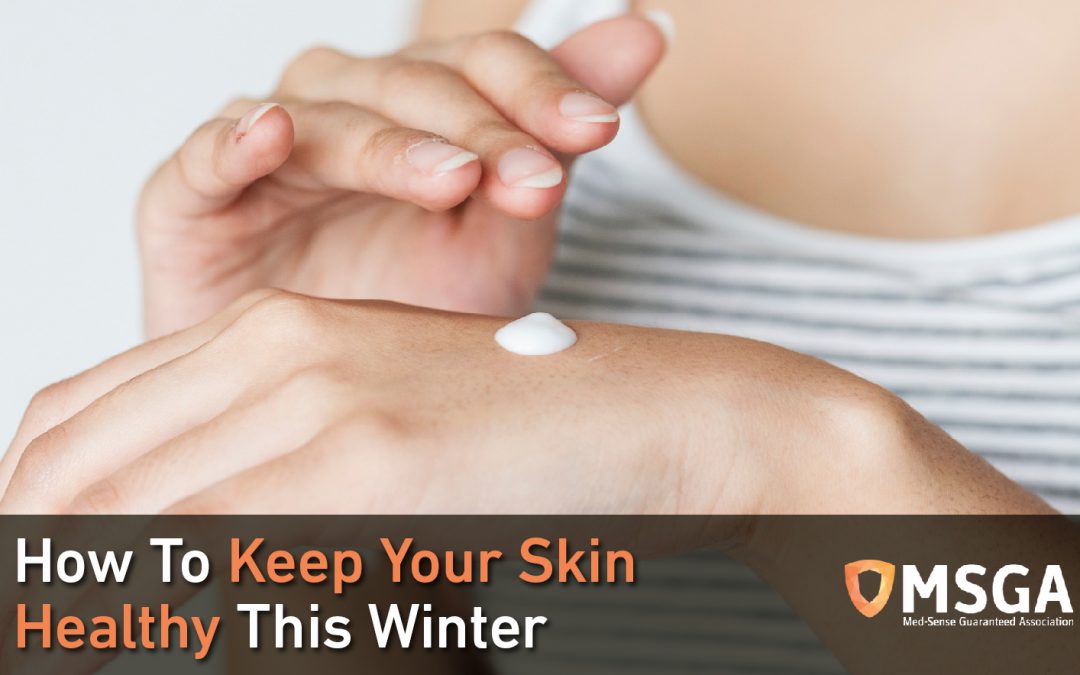Winter with its cold weather and drying winds can do a number on your skin. Staying inside is often no better as radiators and ambient heaters further dry your skin. For those with sensitive skin, it’s a nightmare. Even those with healthy skin may find themselves scratching and irritated. Follow these tactics to protect your skin from winter.
When Venturing Out
Every time you go outside, make sure you are wearing a coat, gloves and a scarf. Even if you are only out for a minute, make sure you’re covered up. Keep the cold and drying wind away from your healthy skin.
While You’re In
Your alarm goes off. It’s dark outside and cold inside. Your instincts tell you to crank the heat in your shower. This is a mistake. Scalding water pulls the natural oils out of your skin, causing it to dry out. Instead, go with a warm shower which still gets you ready for the day, but won’t mistreat your skin.
After your shower, moisturizing is a must. Don’t reach for commercial lotions. Most are loaded with chemicals that will throw off the pH balance of your skin, cause histamine reactions, or simply do nothing to keep your skin healthy. Instead look for natural ingredients such as liquid vitamin E, tea tree oil and avocado oil which will soak into your skin and protect it from whatever winter sends your way.
Eat a Skin Healthy Diet
Think about your skin when planning meals. Eat foods rich in B vitamins as well as C and E to feed your skin and allow it to retain hydration. Bananas, almonds, avocados, and honey are great choices. Seek out fish loaded with omega-3 fatty acids, which help your skin stay supple. Such fish include wild salmon, sardines and tuna. Fresh and canned varieties will do the trick. Don’t forget your vegetables. Along with a high vitamin content, broccoli, Brussels sprouts, spinach, kale, and chard also eliminate free radicals which can weaken your skin.
Take Your Vitamins and Supplements
There is a wealth of dietary supplement to support healthy skin through winter.
- Vitamin E taken in oral form is almost as good as using it topically.
- Zeaxanthin is a carotenoid that gives pigment to the retina. While it is used to halt macular degeneration, it also lends powerful support and hydration to skin.
- Evening primrose oil, or gamma-linolenic acid (GLA), provides relief for a raft of skin problems include acne and eczema. It is also well regarded for overall skin health.
- Probiotics, whether taken as a supplement or eaten in foods like yogurt, help with skin conditions such as like rosacea, skin blemishes, eczema, acne, and skin cancer. While dry winter skin may not be as aggravating as these conditions, probiotics maintain overall healthy skin.
- Zinc is another wonderful supplement for skin health. It normalizes the activity of the oil glands in the skin helping them to perform better, which will keep your skin hydrated while facing the worst of winter. It also protects against harmful rays from the sun, which are still dangerous even during the coldest season.

